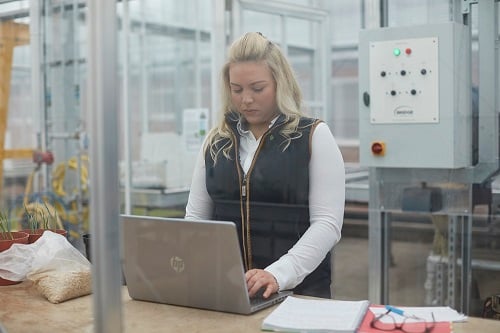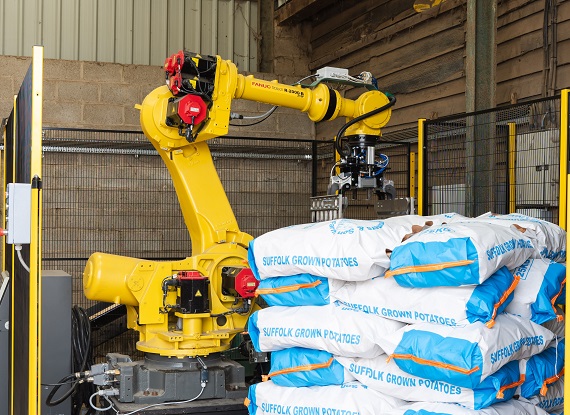The right technology for your farm
The technology available to farmers is constantly changing and improving, with new innovations to improve productivity, helping farms become more sustainable, improve animal welfare, reduce the risk of accidents, and more.
But with such a rapid pace of change, it can be challenging for farmers to decide which technology is right for them.
Making an investment involves taking a holistic view of the farm, ensuring you choose technology with the potential to improve your resilience, and make your business more prepared for the future.
At NFU Mutual, we see it as part of our role to keep farmers informed about evolving agricultural technologies - both the opportunities as well as any risks they might entail - and ultimately help farmers make the right decisions for their business.
We've worked with a range of experts to produce a series of articles, discussing the latest trends and watchouts in Agri-Tech today.
We hope this helps you make the right choices to farm sustainably, profitably and safely.
Beware of underinsurance as you purchase or lease new equipment. This is when you do not have the correct insurance in place and the amount you are paid if you make a claim could be reduced. Remember, policies generally require you to regularly assess how much insurance you need and inform your insurer if any changes are required.



